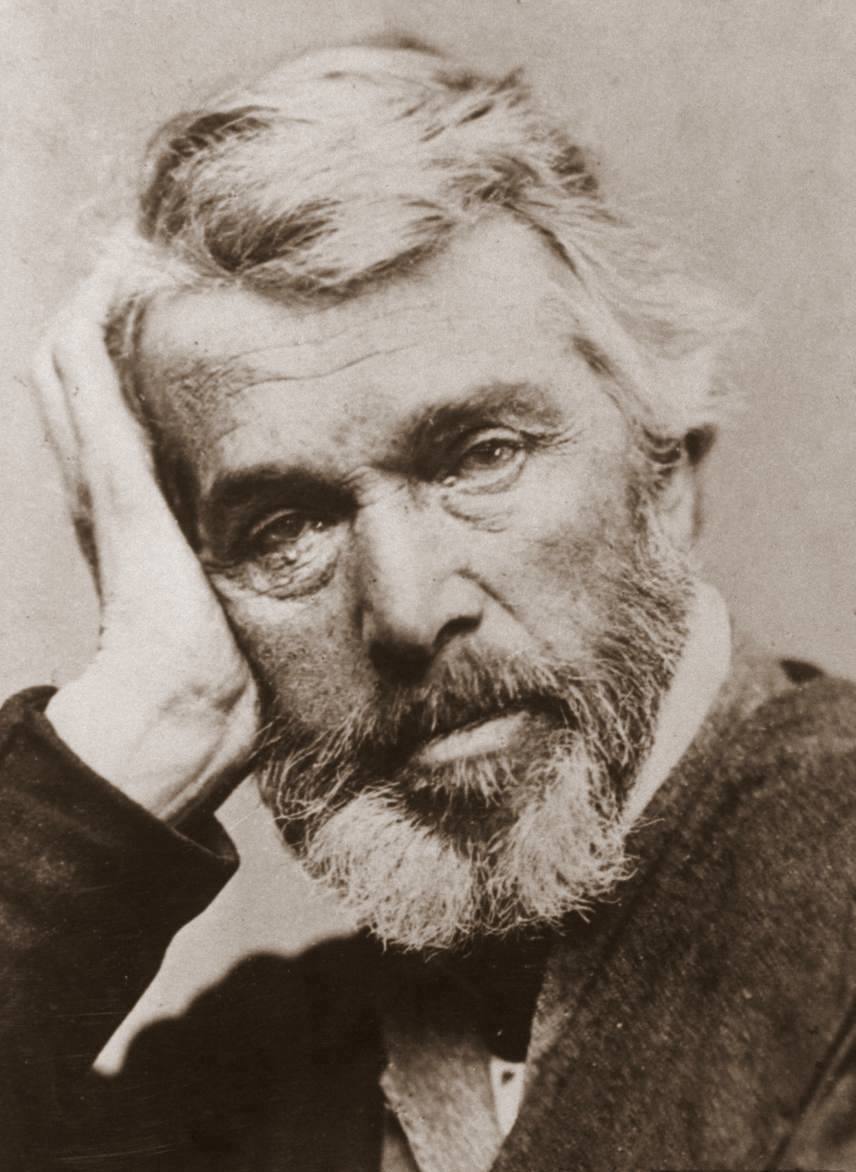Thomas Carlyle frasi celebri
Frasi sugli uomini di Thomas Carlyle
Frasi sulla realtà di Thomas Carlyle
citato in Harold Acton, Gli ultimi Borboni di Napoli
Thomas Carlyle Frasi e Citazioni
Origine: Da The French revolution, London 1955; citato in George Rudé, Robespierre, traduzione di Maria Lucioni, Editori Riuniti, 1981.
“Felice colui che ha trovato il suo lavoro; non chieda altra felicità.”
da Passato e presente
da Lettera a John Carlyle, 1831
“Il mio regno non è quel che ho, ma quel che faccio.”
citato in Selezione dal Reader's Digest, marzo 1985
citato in Selezione dal Reader's Digest, dicembre 1962
Thomas Carlyle: Frasi in inglese
1840s, Heroes and Hero-Worship (1840), The Hero as Divinity
1880s, Reminiscences (1881)
1850s, Latter-Day Pamphlets (1850), The Present Time (February 1, 1850)
1850s, Latter-Day Pamphlets (1850), The New Downing Street (April 15, 1850)
Essays, Goethe's Works.
1820s, Critical and Miscellaneous Essays (1827–1855)
Letter to Goethe, (1828).
1820s, Critical and Miscellaneous Essays (1827–1855)
1850s, Latter-Day Pamphlets (1850), The Present Time (February 1, 1850)
1840s, Heroes and Hero-Worship (1840), The Hero as Priest
“A poet without love were a physical and metaphysical impossibility.”
Burns (1828).
1820s, Critical and Miscellaneous Essays (1827–1855)
1840s, Heroes and Hero-Worship (1840), The Hero as Prophet
1860s, On The Choice Of Books (1866)
Past and Present.
1820s, Critical and Miscellaneous Essays (1827–1855)
Latter Day Pamphlets http://www.ecn.bris.ac.uk/het/carlyle/latter.htm, No. 1 (1850), p. 23, 24.
1850s
1840s, Heroes and Hero-Worship (1840), The Hero as Prophet
Bk. I, ch. 8.
1830s, Sartor Resartus (1833–1834)
answers the other: "To all the Three; for they by their union first constitute the True Religion."
1840s, Heroes and Hero-Worship (1840), The Hero as Divinity
1820s, Signs of the Times (1829)
1840s, Heroes and Hero-Worship (1840), The Hero as Divinity
1850s, Latter-Day Pamphlets (1850), Stump Orator (May 1, 1850)
1840s, Heroes and Hero-Worship (1840), The Hero As King
1880s, Reminiscences (1881)
“Blessed is he who has found his work; let him ask no other blessedness.”
Bk. III, ch. 11.
1840s, Past and Present (1843)
1820s, Signs of the Times (1829)
1820s, Signs of the Times (1829)
1820s, Signs of the Times (1829)
1860s, On The Choice Of Books (1866)
1820s, Signs of the Times (1829)
Bk. III, ch. 8.
1830s, Sartor Resartus (1833–1834)
